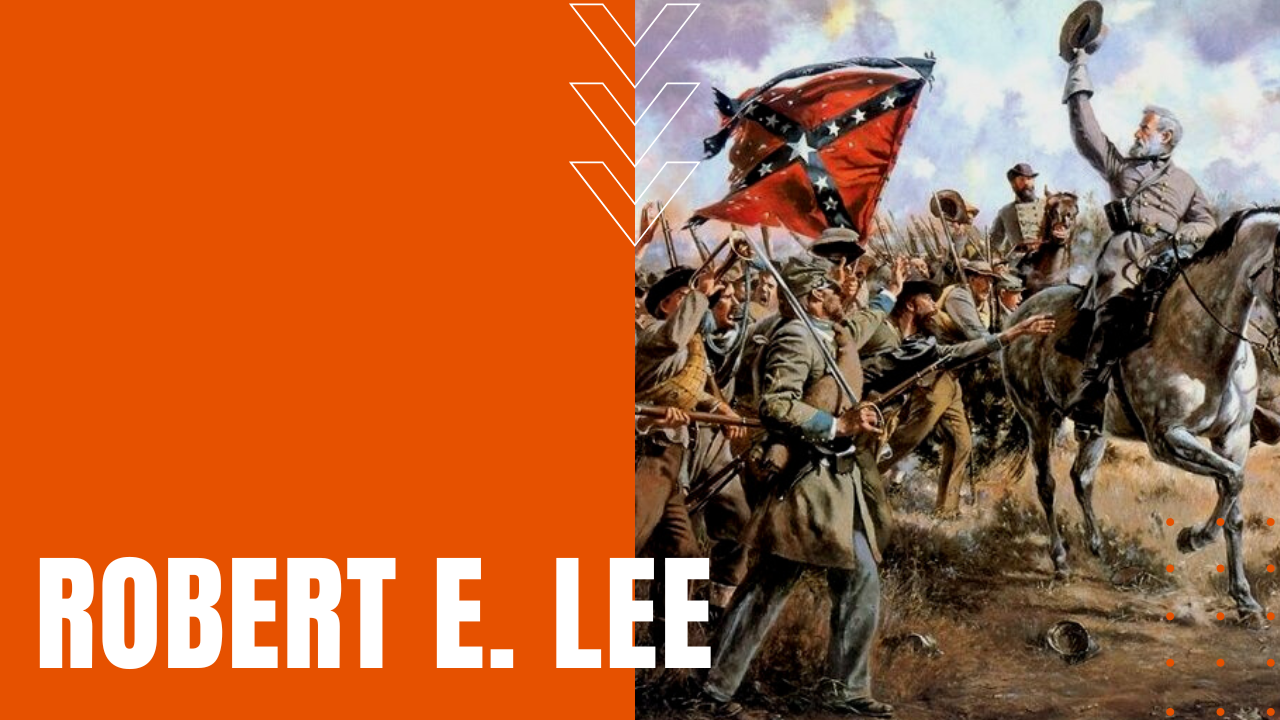Robert E. Lee: Confederate General in the Civil War and More

Education and Military Training
Born in 1807 Virginia, after his father lost his fortune due to bad investments, Robert E. Lee attended the U.S. Military Academy at West Point due to lack of funds and a love of soldiering, graduating second in his class in 1829.
Lee’s military career rose quickly with the U.S. Army Corps of Engineers, before distinguishing himself in battle during the Mexican-American War. After seeing action in the battles of Veracruz, Churubusco and Chapultepic, commanding General Winfield Scott declared Lee “the very best soldier that I ever saw in the field.”
Robert E. Lee’s Slave-Owning Days
Marrying one of Martha Washington’s great-granddaughters in 1831, Lee and his wife Mary raised seven children over the course of their lives, all of them surviving to adulthood. While Lee didn’t grow up on a slave-owning plantation, in 1857, he inherited 200 slaves after Mary’s father passed away. While historical accounts remain inconsistent on the matter, Lee’s treatment of slaves was generally deemed combative and harsh, leading to slave revolts on his inherited property.
As tensions accelerated during the 1850s between abolitionists and slave owners, Lee halted John Brown’s raid on Harpers Ferry, before capturing the radical abolitionists and his followers.
Civil War
When Civil War broke out after the Confederate’s attack on Fort Sumter, when Lee was asked to lead Union forces, he resigned from the U.S. military under his conviction not to fight his friends and neighbors from recently ceded Virginia.
Despite his staunch opposition of the secessionist movement in the South, Lee joined the Confederate army and was quickly named commander-in-chief of all rebel forces. After the battles of Antietam and Gettysburg—two of the bloodiest engagements of the war—Lee was repeatedly criticized for his aggressive battle tactics that caused unnecessarily high casualties rates among his men.
By April of 1865, however, faced with a dispirited and vastly depleted army after four years of brutal combat, Lee surrendered to Ulysses S. Grant at Appomattox Court House, effectively ending the American Civil War. Six months later, Lee became president of Washington College—now Washington and Lee University—before passing away from a stroke on October 12th, 1870, making Robert E. Lee, a defining figure in a nation’s bloody conflict with itself.
